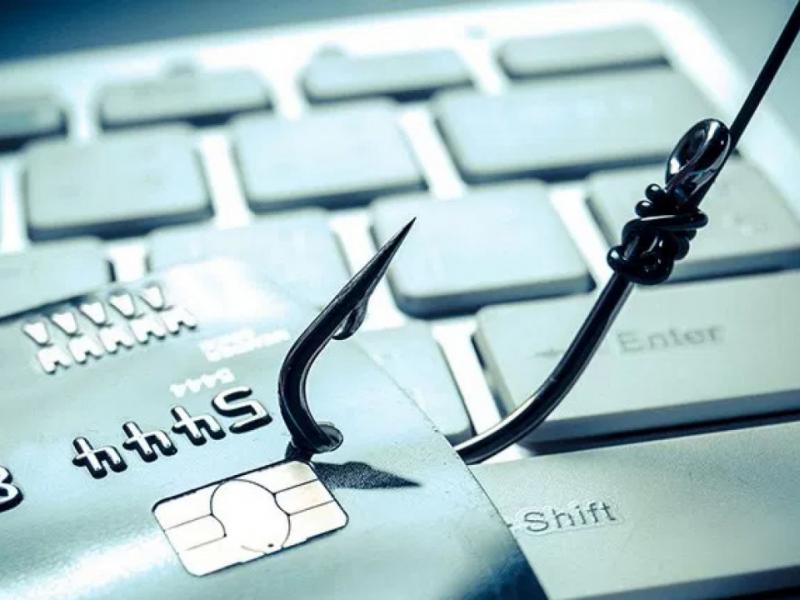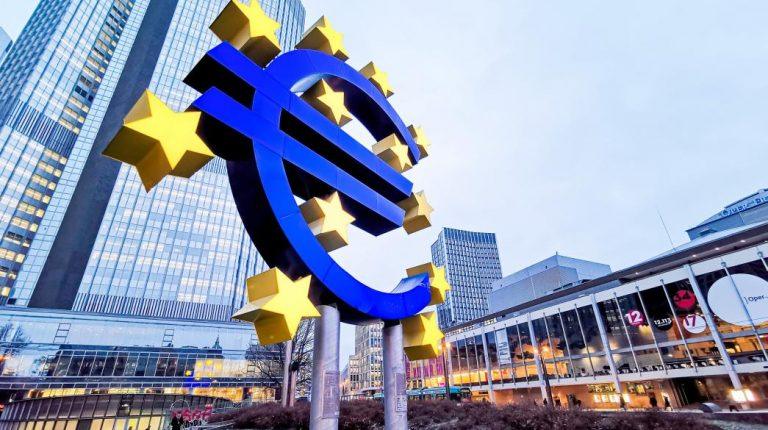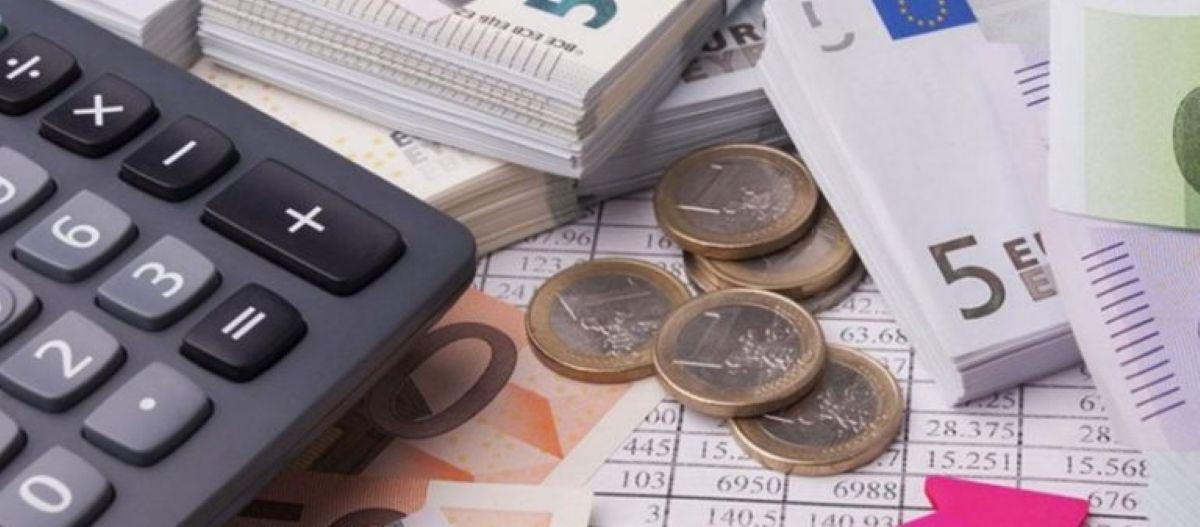The average daily loot of internet fraudsters who mislead unsuspecting subscribers of online banking services and withdraw money from their accounts exceeds 70,000 euros.
This is a trend that has seen a significant boost since the second year of the pandemic, as the need to carry out transactions remotely has created a new generation of inexperienced e-banking users, who are the target of scams.
The data
According to the data collected by the Bank of Greece based on the methodology defined by the European Banking Authority (EBA), in 2021 seven times the number of citizens were defrauded compared to the year before, while the amount of deposits that made “disappeared” more than quadrupled.
In particular, within 12 months, 8,365 victims lost a total of 26.3 million euros, which ended up in third-party accounts or electronic wallets.
It is estimated that for every €25,000 transferred €1 is lost this way, while one transaction in every €50,000 is fraudulent.
As banking sources point out, despite “the continuous information of the customers both by the individual credit institutions and by the Hellenic Banks Association which ran major campaigns this year, the incidents continue with unabated intensity”.
The same circles note that in all frauds the e-banking subscriber is the one who gives the approval to his bank to execute a transfer. In other words, there is no question of breaching its security systems.
This is also the reason, they add, that the vast majority of victims are not entitled to compensation, as they are the ones who opened the doors to the accounts for sharp wrong-doers.
The measures under consideration
In this context, responding to information that has been leaked in recent days that a regulation is being prepared that will limit the liability of customers to very low levels, even if it is their gross negligence, they argue that such an intervention does not make sense.
What can be done, according to a bank executive, is the automatic freezing of suspicious transactions until it is investigated whether they were initiated by the customer himself.
In particular, his usual trading behavior will be recorded and if a transfer is executed that has not been done before or does not fit his profile, the system will recognize it and block it.
Then, after contacting him, it will be checked if he himself gave the order. If not, the money will be returned to his account, otherwise the transaction will be completed.
How are the scams done?
The most common trick is to send the potential victim an e-mail or SMS, warning them of a problem they are asked to solve.
This can be:
The freezing of his accounts
His cards not working
An update to the security system
Updating the data
Recently, messages have been sent informing citizens that they are entitled to money, for example from a tax refund or some allowance. In all cases, they have the character of urgency. That is, the victim is called to act immediately.
In this way, the perpetrators want to stress to recipients the emergency of their messages, so that they cannot think clearly and do not realize that something is wrong.
So the victim is asked to click on a hyperlink to act on the instructions in the message and solve the problem. By clicking on it, he is taken to a website identical to the bank’s e-banking, where he is asked to enter his login codes.
However, what is written on this page becomes known to the perpetrators, who at the same time access the real e-banking page of the victim.
They then prepare a transaction and to execute it they ask the victim to confirm it.
The subscriber thinks that entering the one-time code on the fake website he is on or giving confirmation through the mobile app will solve the problem mentioned in the e-mail he received.
But in reality he gives his consent for the robbers to transfer his money to their own account.










































